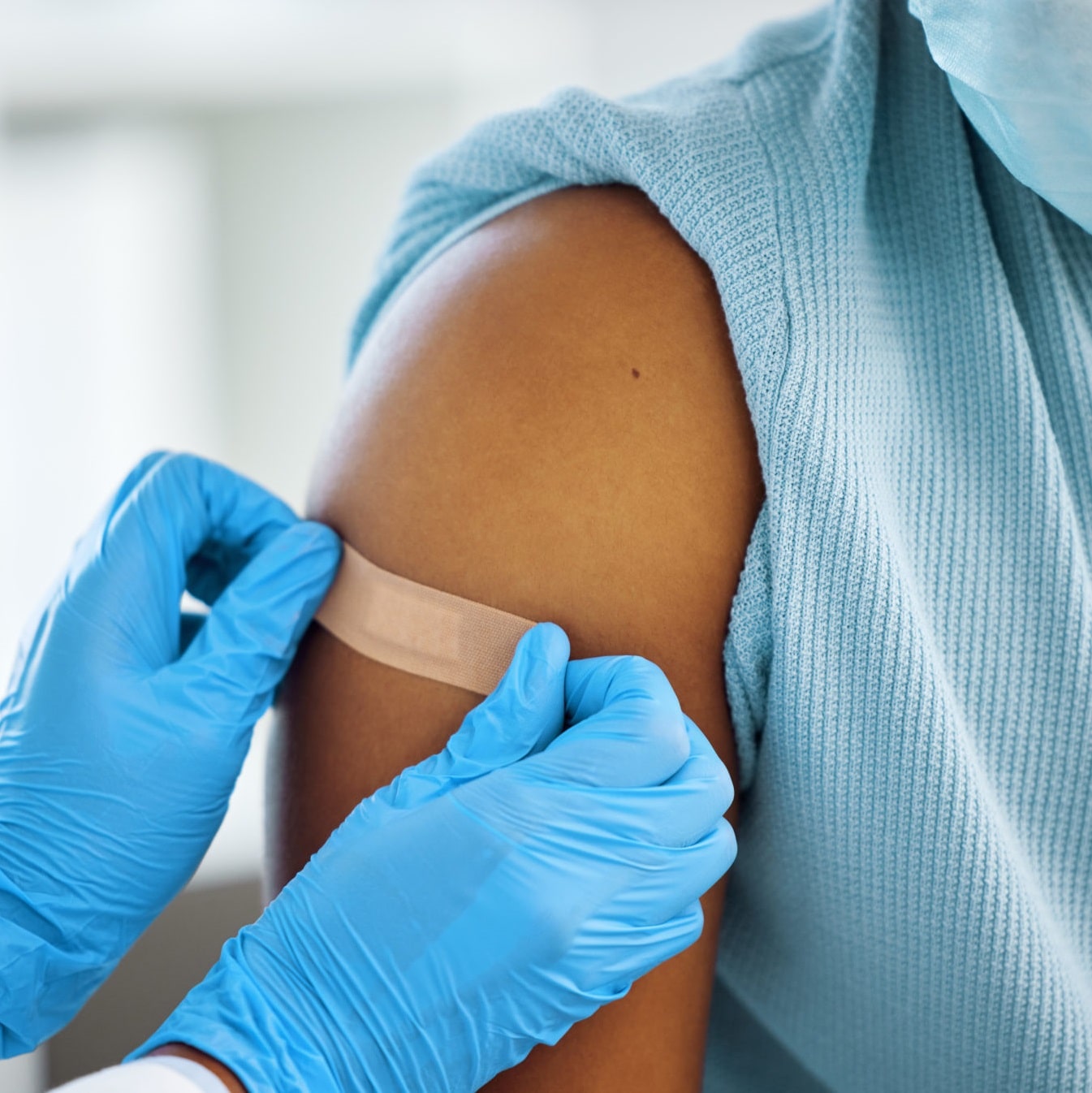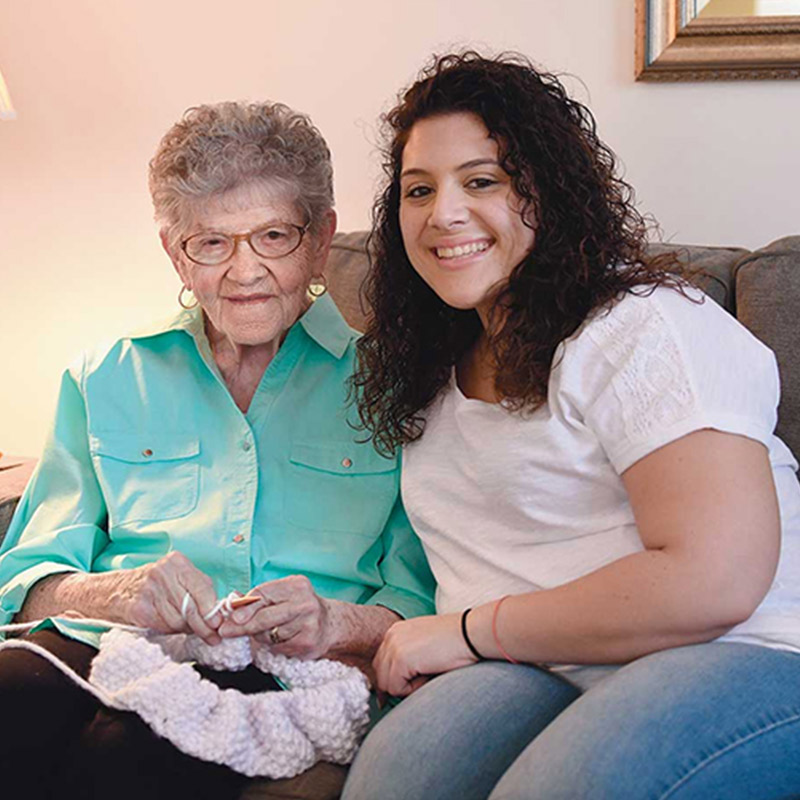

Skin Cancer
Comprehensive Care for Skin Cancer at Hackensack Meridian Health in New Jersey
Hackensack Meridian Health provides comprehensive diagnosis and treatment for all types of skin cancer. Our skin cancer specialists utilize advanced treatments, including immunotherapy for melanoma. Our multidisciplinary team focuses on effective treatment while preserving appearance, function, and quality of life.
How is Skin Cancer Diagnosed
Accurate diagnosis is critical in developing an effective treatment plan. Your dermatologist will take a biopsy of the mole or lesion, and our dermatopathologists—experts in diagnosing skin diseases—will analyze the tissue for genetic mutations. This precision medicine approach allows us to match you with the most effective targeted therapies based on the biology of your skin cancer.
Skin Cancer Prevention and Screening
More than 3.5 million skin cancers are diagnosed each year in the U.S.—more than all other cancers combined. Sun exposure is the leading cause, making prevention and early detection the best defense. Here are the ABCs of skin cancer detection:
- Asymmetry: When one half of the mole doesn’t match the other
- Border: Irregular or ragged edges
- Color: Uneven colors, such as brown, black, or even pink, red, white, or blue
- Diameter: Larger than a pencil eraser
If you notice any signs of skin cancer or need a skin cancer screening, our dermatologists are here to help.
Types of Skin Cancer we Treat:
Our specialists treat all types and stages of skin cancer, from early detection to metastatic disease.Treatments for Skin Cancer
Most skin cancers are treated with surgery. Your care team will recommend the least invasive approach that achieves the best outcome.

Are There Harmful Ingredients in Your Sunscreen?

What Is a Sarcoma?

What Are Cancer Vaccines?


